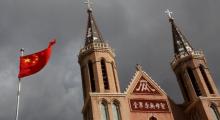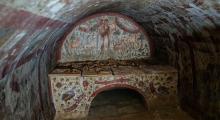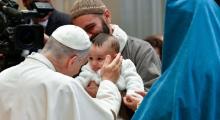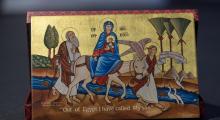Issued by the Catholic Center for Studies and Media - Jordan. Editor-in-chief Fr. Rif'at Bader - موقع أبونا abouna.org
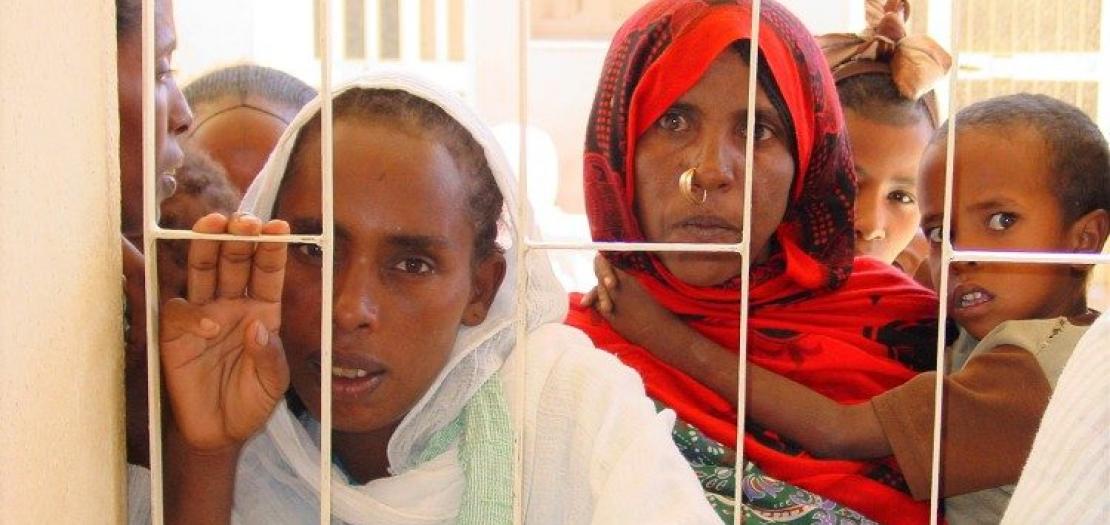
Eritrean bishops have protested the government’s seizure of Catholic schools and asked that the Church be enabled to continue its educational and health services.
“If this is not hatred against the faith and against religion, what else can it be?” Archbishop Menghesteab Tesfamariam of Asmara, Bishop Thomas Osman of Barentu, Bishop Kidane Yebio of Keren and Bishop Fikremariam Hagos Tsalim of Segheneity said in a letter to Eritrea’s minister of public education.
“Our voice of protest” is raised again at the government’s “arbitrary and unilateral measures,” the bishops said, noting that the closure of its schools follows the seizure of its clinics and other medical facilities in June.
“Considering that the actions that are being taken against our educational and health institutions are contrary to the rights and to the legitimate freedom of the Church and heavily limit the exercise of the postulates of faith, mission and social services, we ask that the recent resolutions are reviewed and the consequent course of action promptly stopped,” the bishops said.
The Most Holy Redeemer Secondary School of Asmara’s seminary was closed two years ago, with three other secondary schools closed in September; one of the secondary schools includes a primary school.
The bishops said in June that all health facilities run by the Catholic Church in Eritrea - more than 20, with many on the property of monasteries - had been seized by the government.
In their letter to the minister, Semere Re’esom, the bishops asked that the Church be allowed to continue its “precious and highly appreciated services to the people.”
If the government seeks changes to the way these institutions are run, there should be “open and constructive dialogue,” they said, noting that the Church has always sought dialogue “on everything concerning the situation of our church and our nation.”
The Catholic Church makes up about 5 per cent of Eritrea’s population of six million people.
The Bishops say they have in the past sought audience with government officials but in vain. It would seem the government is not willing to dialogue.
We will not stop “raising our voice of protest against the arbitrary and unilateral moves concerning the nationalisation of our clinics, schools and basic infrastructure,” reads the letter to the minister.
The bishops say running the said institutions is part of the mission of the Church.
The Church is surprised that Catholic schools have been closed when, in fact, they have been offering quality education to some of the country’s needy children.
“We declare ourselves unwilling to compromise given the violations of the rights and duties that we are entitled to as citizens and believers. Do not forget that when we are deprived of these rights, the first victims are the men and women of this country,” the Bishops remind government.
Although Eritrea is a multi-ethnic and multi-religious country, the relationship between state and religion has been a troubled one since the country’s independence in 1991. In recent months, the ongoing severe restrictions on the freedom of religion have led many to describe the state as an example of religious persecution in the world.
In April, the bishops angered the government by releasing a pastoral letter calling for a national reconciliation process to go along with respect for human rights and religious freedom.
Ruled by President Isaias Afwerki since 1993, Eritrea has been strongly criticized by human rights groups, especially over reports of detention without trial, open-ended military conscription and bans on some faiths. Regulations introduced in 1995 limit any developmental activities of religious institutions, including schools, hospitals, agricultural projects and sponsoring education for vulnerable children.
Hundreds of thousands of people have fled the country in recent years, with many making perilous journeys through deserts and across the Mediterranean Sea to Europe.


